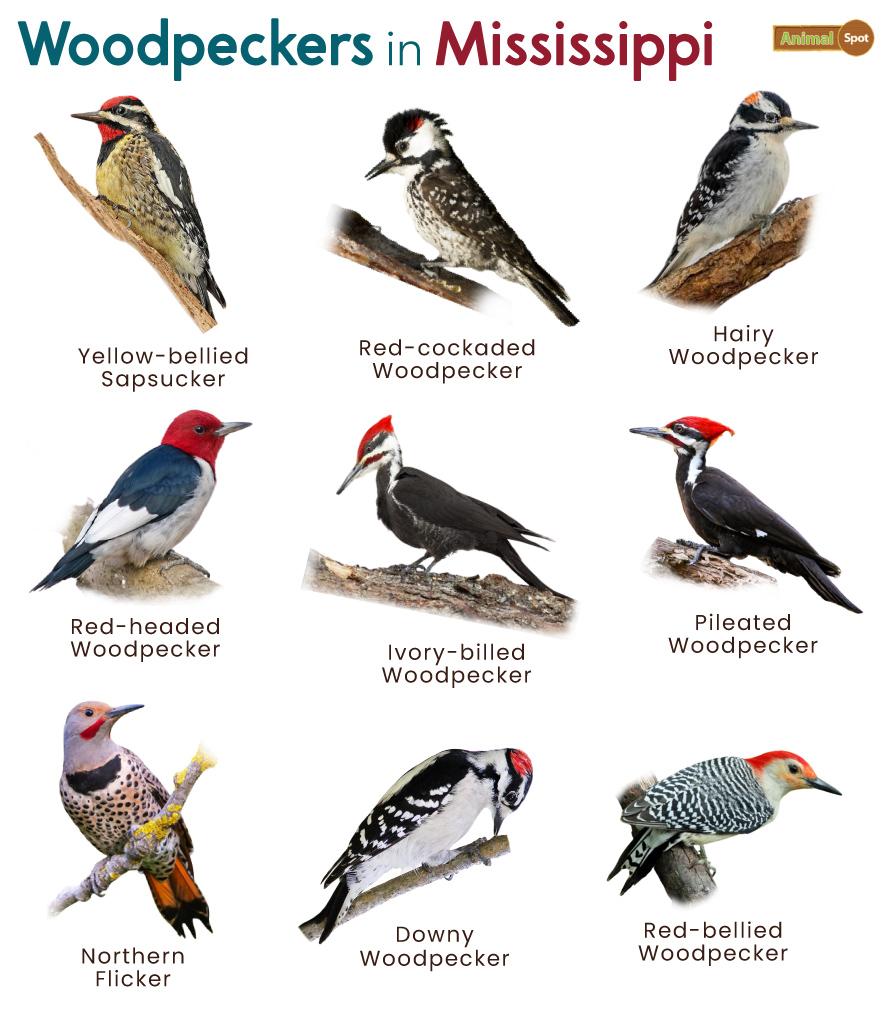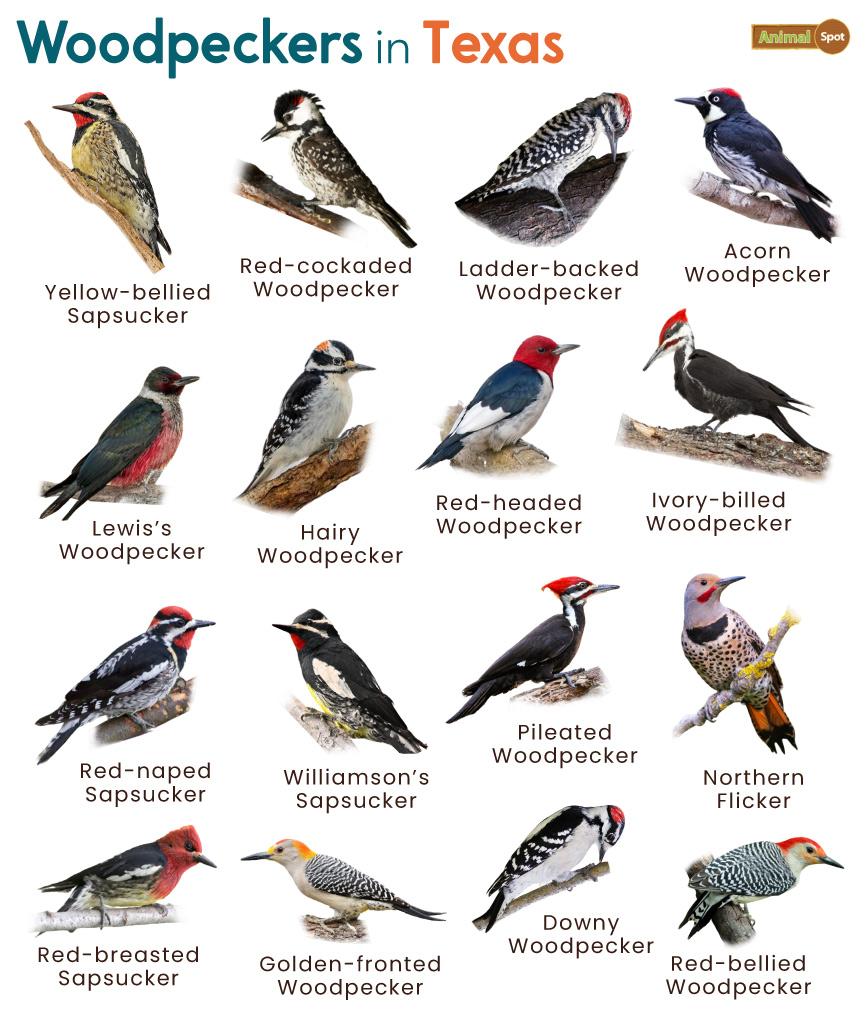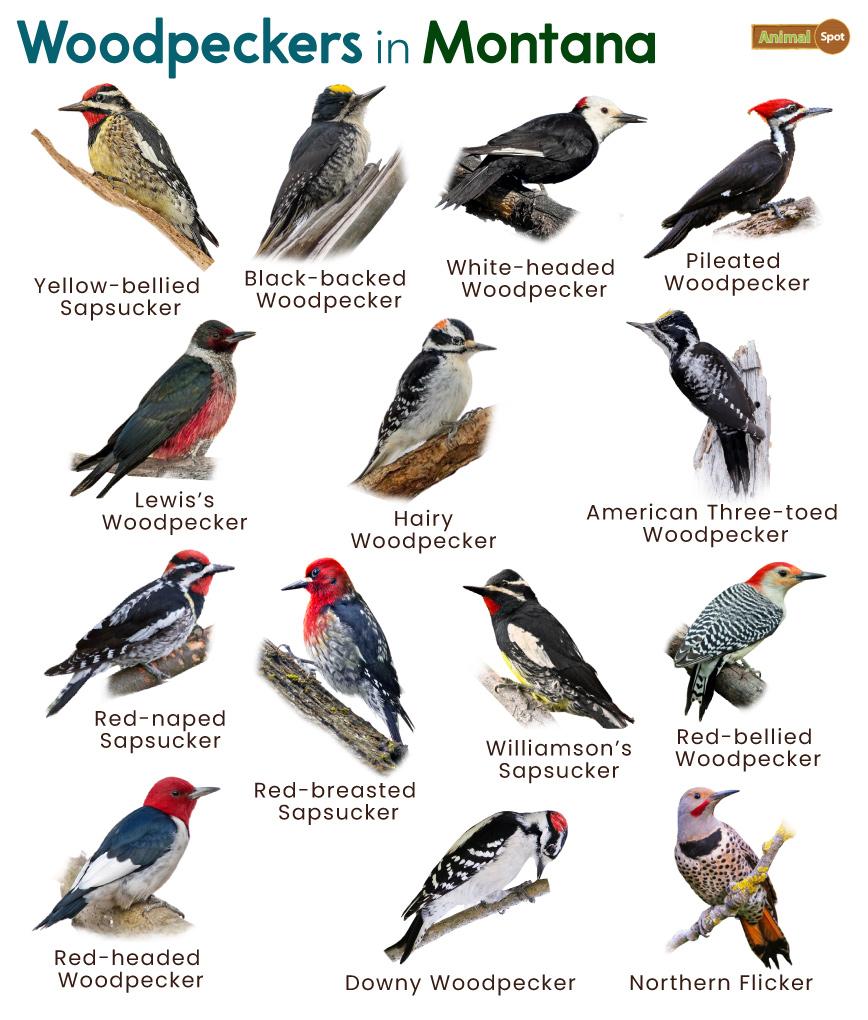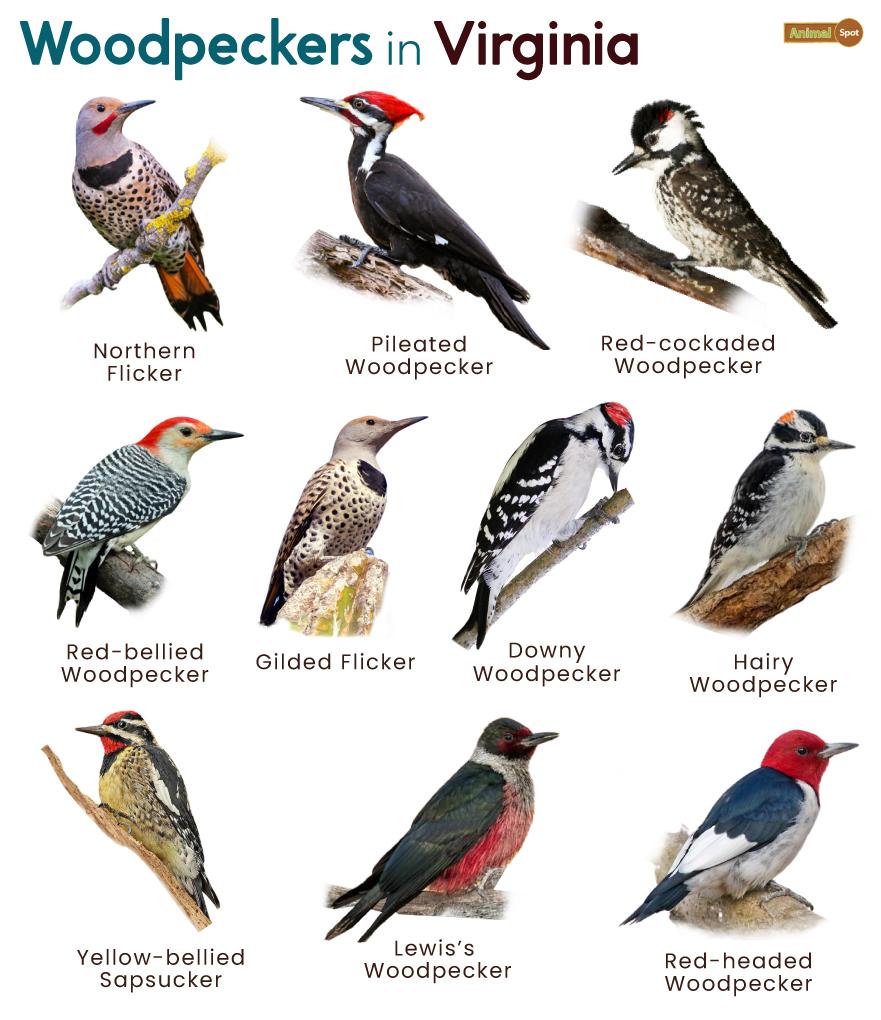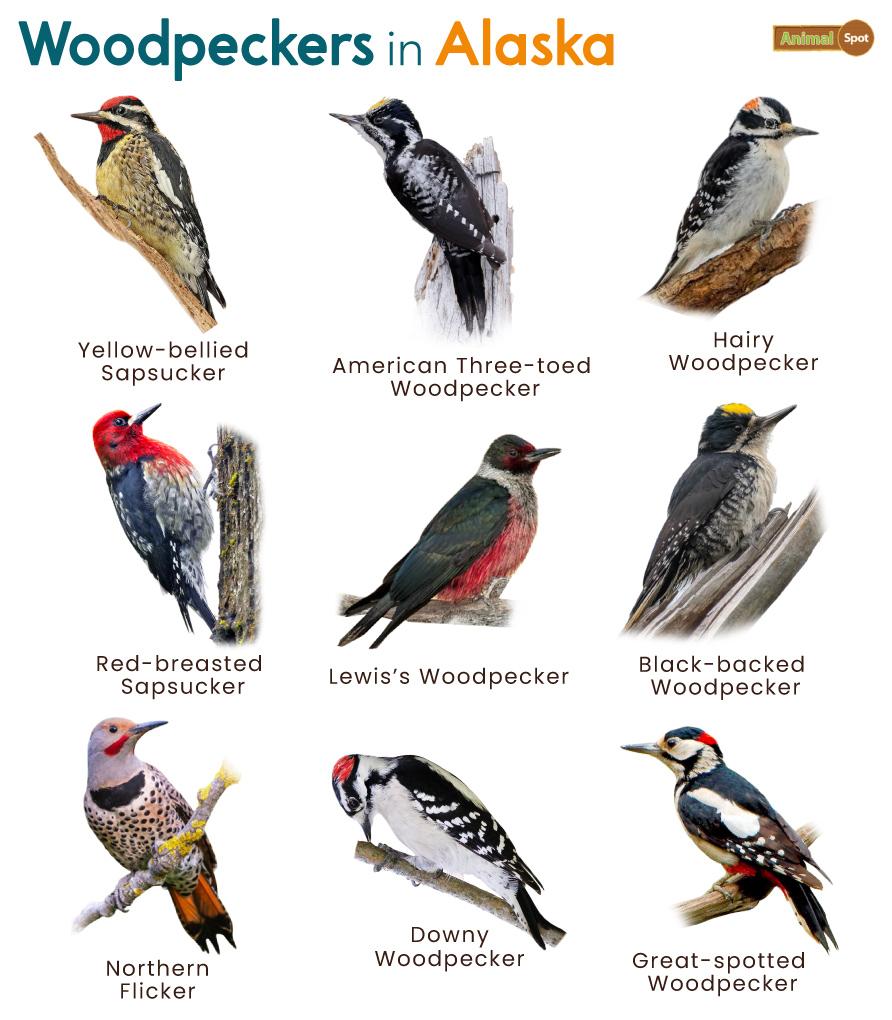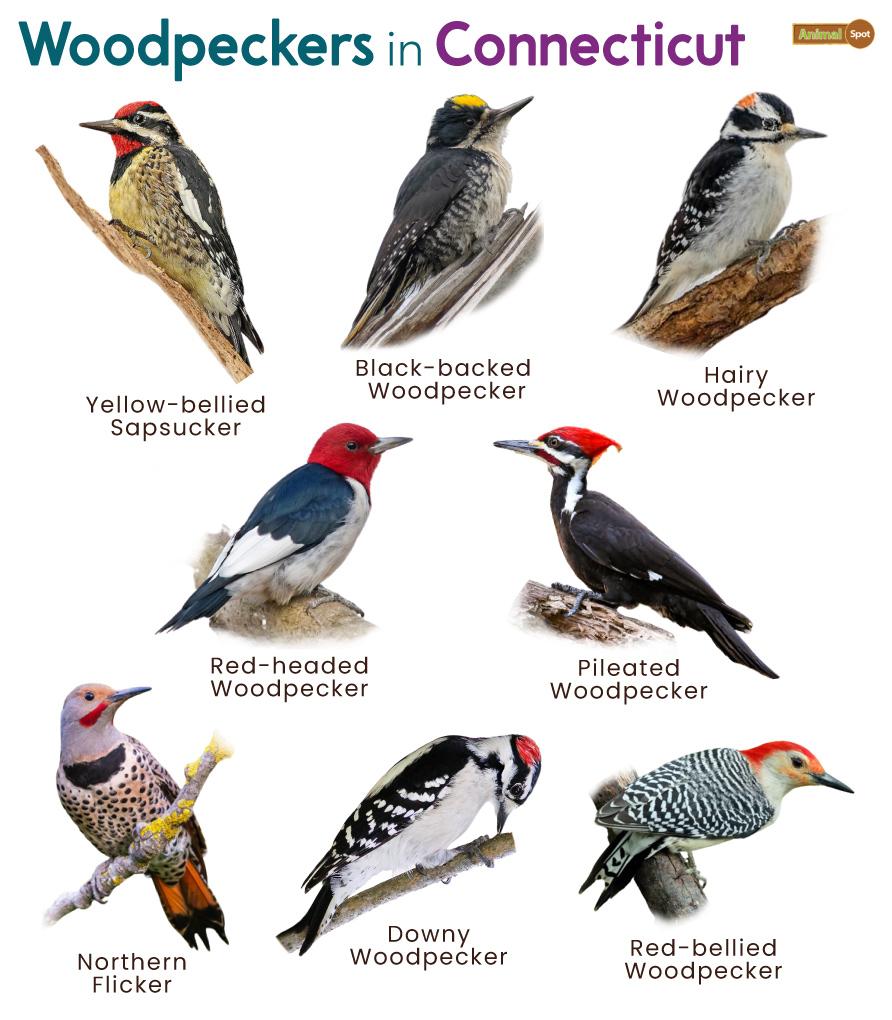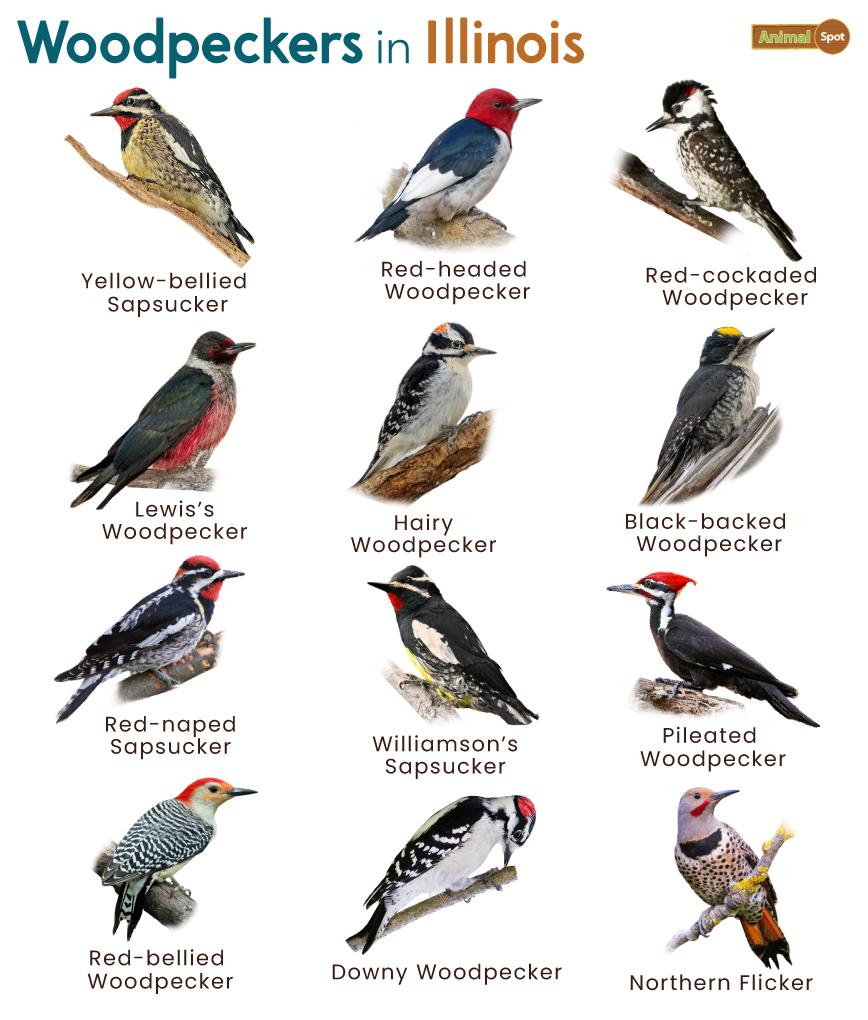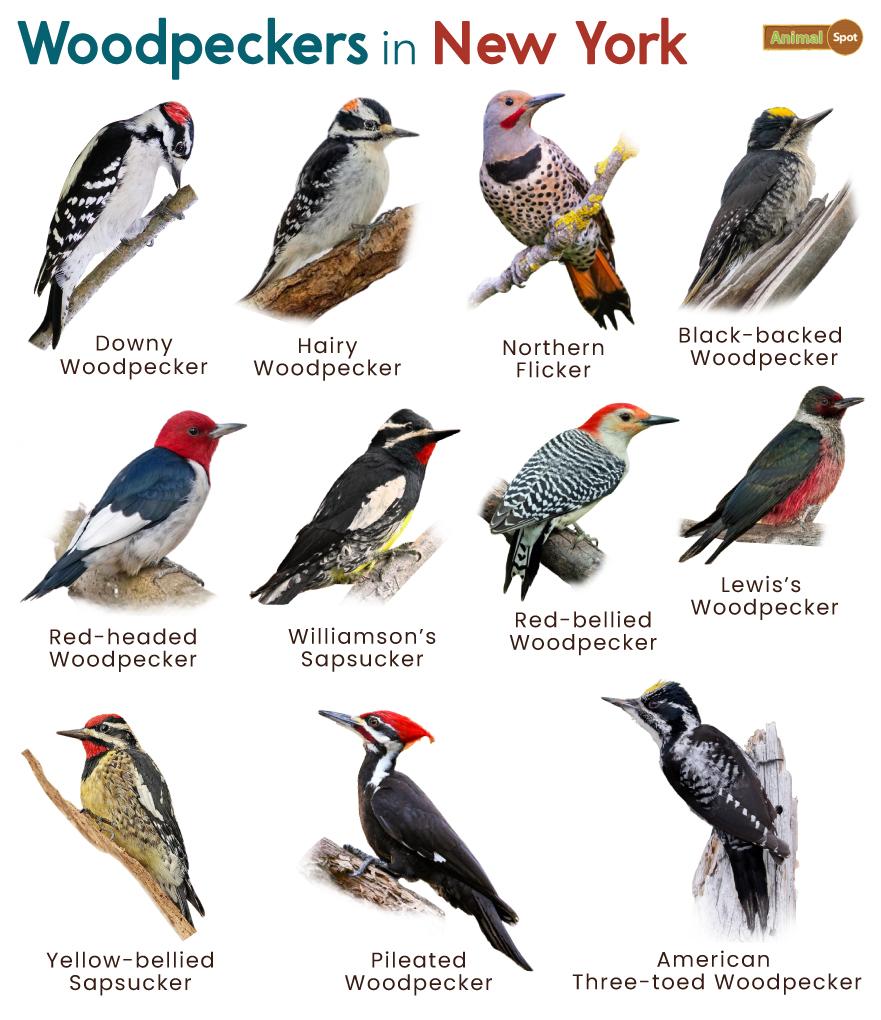- Amphibians
- Mammals
- Fishes
- Reptiles
- Birds
- Birds Around the World
- Birds in USA
- Hawks, Eagles, and Falcons in USA
- Woodpeckers in USA
- Hummingbirds in USA
- Owls in USA
- Penguins
- Owl
- Duck
- Eagle
- Woodpecker
- Geese
- Falcon
- Hawk
- Vulture
- Oriole
- Swan
- Crow
- Peacock
- Hummingbird
- Sparrow
- Heron
- Wren
- Desert Birds
- Colorful Birds
- Fastest Birds
- Rare Birds
- Birds of Prey
- Dangerous Birds
- Birds That Lay Blue Eggs
- Birds That Sing at Night
- Birds by Color
- Crested Birds
- Alpine Birds
- Smartest Birds
- Herbivorous Birds
- Antarctic Birds
- Arctic Birds
- Poisonous Birds
- Longest Living Birds
- Birds That Mate For Life
- Long-Legged Birds
- Long-tailed Birds
- Diving Birds
- Birds That Eat Mosquitoes
- Fish-eating Birds
- Mountain Birds
- Small Birds
- Game Birds
- Whistling Birds
- Nocturnal Birds
- Migratory Birds
- Invertebrates
- A-Z Animals
- Animals by Color
- Animals by Country
- Animals by Habitat
- Other Animals
- Small Animals
- Hybrid Animals
- Rare Animals
- Monogamous Animals
- Animals that are Carnivorous
- Amazon Rainforest
- Death Valley
- Galápagos Islands
- Animals with Horns
- Animals with Antlers
- Camouflage Animals
- Ice Age Animals
- Animals that Migrate
- Animals with Big Eyes
- Endangered Animals
- Animals that are Omnivorous
- Animals You Can See On a Safari
- Animals Living in the Mariana Trench
- Animals with Long Necks
- Ugly Animals
- Smartest Animals
- Flying Animals
- Dumbest Animals
- Biggest Animals in the World
- Animals that Hibernate
- Fastest Animals in the World
- Hoofed Animals (Ungulates)
- Animals that are Herbivorous
- Fluffy Animals
- Animals that are Omnivorous
- Extinct Animals
- Melanistic Animals
- Longest Living Animals
- Animals That Mate For Life
- Ruminant Animals
- Scary Animals
- Poisonous Animals
- Colorful Animals
- Asexual Animals
- Animals that Burrow
- Fat Animals
- Dangerous Animals
- Slow Animals
- Nocturnal Animals
- Strong Animals
- Gay Animals
- Weird Animals
- Black Birds in Florida
- Beautiful Animals
- Animals that Migrate
- Animals That Lay Eggs (Oviparous Animals)
- Animals that Burrow
- Animals Living in Death Valley
- Animals that Hibernate
- Yellowstone National Park
- Animals Living in the Mariana Trench
- Domestic Animals
- Land Animals
- Animals That Kill the Most Humans
- search
- Amphibians
- Mammals
- Fishes
- Reptiles
- Birds
- Birds Around the World
- Birds in USA
- Hawks, Eagles, and Falcons in USA
- Woodpeckers in USA
- Hummingbirds in USA
- Owls in USA
- Penguins
- Owl
- Duck
- Eagle
- Woodpecker
- Geese
- Falcon
- Hawk
- Vulture
- Oriole
- Swan
- Crow
- Peacock
- Hummingbird
- Sparrow
- Heron
- Wren
- Desert Birds
- Colorful Birds
- Fastest Birds
- Rare Birds
- Birds of Prey
- Dangerous Birds
- Birds That Lay Blue Eggs
- Birds That Sing at Night
- Birds by Color
- Crested Birds
- Alpine Birds
- Smartest Birds
- Herbivorous Birds
- Antarctic Birds
- Arctic Birds
- Poisonous Birds
- Longest Living Birds
- Birds That Mate For Life
- Long-Legged Birds
- Long-tailed Birds
- Diving Birds
- Birds That Eat Mosquitoes
- Fish-eating Birds
- Mountain Birds
- Small Birds
- Game Birds
- Whistling Birds
- Nocturnal Birds
- Migratory Birds
- Invertebrates
- A-Z Animals
- Animals by Color
- Animals by Country
- Animals by Habitat
- Other Animals
- Small Animals
- Hybrid Animals
- Rare Animals
- Monogamous Animals
- Animals that are Carnivorous
- Amazon Rainforest
- Death Valley
- Galápagos Islands
- Animals with Horns
- Animals with Antlers
- Camouflage Animals
- Ice Age Animals
- Animals that Migrate
- Animals with Big Eyes
- Endangered Animals
- Animals that are Omnivorous
- Animals You Can See On a Safari
- Animals Living in the Mariana Trench
- Animals with Long Necks
- Ugly Animals
- Smartest Animals
- Flying Animals
- Dumbest Animals
- Biggest Animals in the World
- Animals that Hibernate
- Fastest Animals in the World
- Hoofed Animals (Ungulates)
- Animals that are Herbivorous
- Fluffy Animals
- Animals that are Omnivorous
- Extinct Animals
- Melanistic Animals
- Longest Living Animals
- Animals That Mate For Life
- Ruminant Animals
- Scary Animals
- Poisonous Animals
- Colorful Animals
- Asexual Animals
- Animals that Burrow
- Fat Animals
- Dangerous Animals
- Slow Animals
- Nocturnal Animals
- Strong Animals
- Gay Animals
- Weird Animals
- Black Birds in Florida
- Beautiful Animals
- Animals that Migrate
- Animals That Lay Eggs (Oviparous Animals)
- Animals that Burrow
- Animals Living in Death Valley
- Animals that Hibernate
- Yellowstone National Park
- Animals Living in the Mariana Trench
- Domestic Animals
- Land Animals
- Animals That Kill the Most Humans
- search

